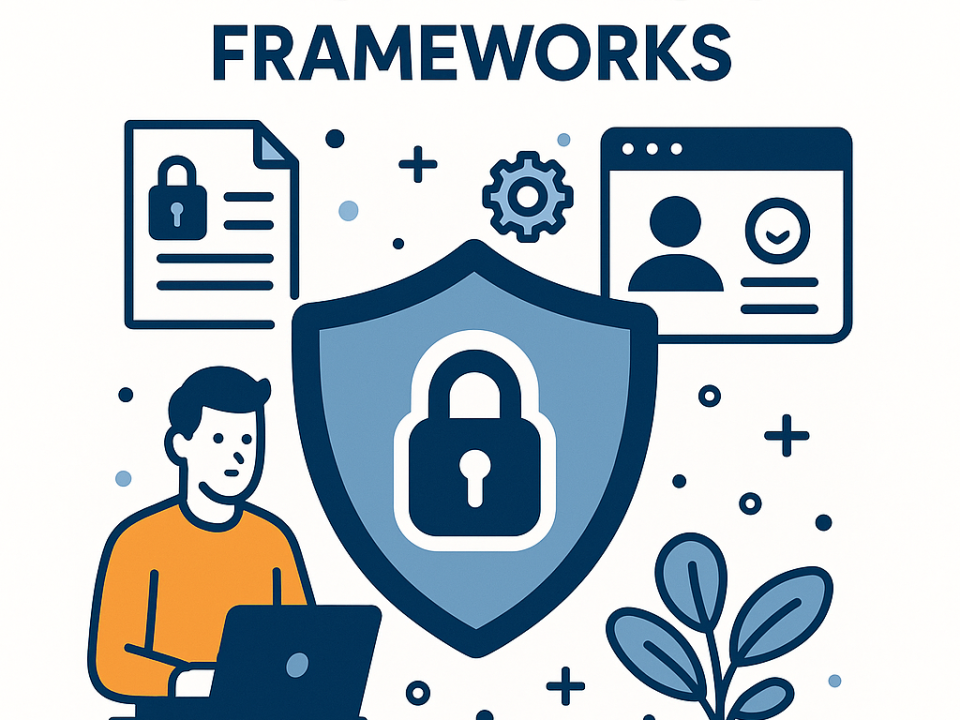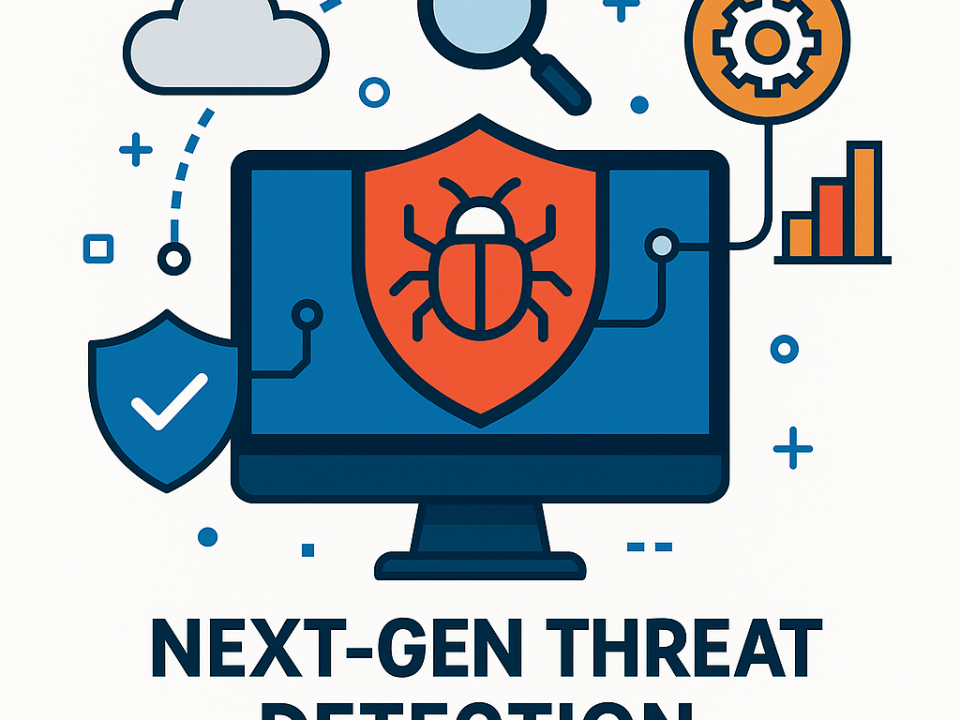Transforming Security: The Power of Security Automation in DevSecOps
June 9, 2025Unlocking Security: The Power of Zero Trust Architecture
June 9, 2025In today’s digital age, where data breaches and privacy scandals make headlines regularly, understanding how to protect personal information has never been more critical. Privacy-by-design frameworks provide a proactive approach to embedding privacy into the very fabric of business operations. By prioritizing privacy from the outset, organizations can build trust while safeguarding sensitive data. But what are the key benefits of adopting these frameworks, and how can they help in overcoming common challenges?
The Key Benefits of Privacy-by-Design Frameworks
One of the most compelling reasons to implement privacy-by-design frameworks is the enhancement of consumer trust. When users know that their privacy is a priority, they are more likely to engage with brands, share their data, and develop loyalty. Companies that embrace these frameworks also benefit from reduced risks of data breaches, which can lead to costly fines and reputational damage. Furthermore, integrating privacy into product development can result in innovative solutions that meet customer needs while still ensuring data protection.
Solving Common Challenges
Many organizations struggle with the balance between leveraging data for insights and ensuring user privacy. Privacy-by-design frameworks address this challenge by helping organizations establish clear protocols for data collection, storage, and usage. By incorporating privacy considerations in the early stages of project planning, these frameworks can also prevent compliance issues with regulations such as GDPR and CCPA, allowing businesses to focus on growth rather than fear of legal repercussions.
Real-World Examples: Success Stories
Many businesses have successfully implemented privacy-by-design frameworks and seen remarkable results. For instance, Apple has made privacy a cornerstone of its brand. By implementing strong privacy protections designed into their products, Apple has not only attracted privacy-conscious consumers but has also leveraged this commitment to distinguish itself from competitors. Similarly, Microsoft has adopted a privacy-by-design approach across its services, enhancing user trust and expanding its customer base as a result. These examples illustrate how proactive privacy measures can lead to business growth and customer satisfaction.
Call to Action: Join the Movement
Are you ready to elevate your business by prioritizing privacy? Don’t wait for a breach to prioritize data protection. Start exploring privacy-by-design frameworks today! Whether you’re a startup or an established company, integrating privacy into your core operations could be the key to building lasting trust with your customers. Educate your team, reevaluate your data practices, and create a comprehensive privacy strategy. It’s time to turn privacy into your competitive advantage!






